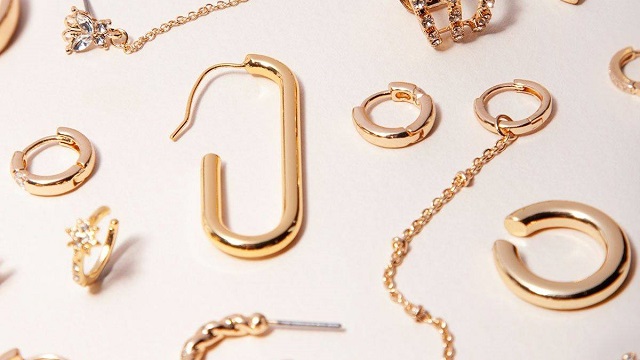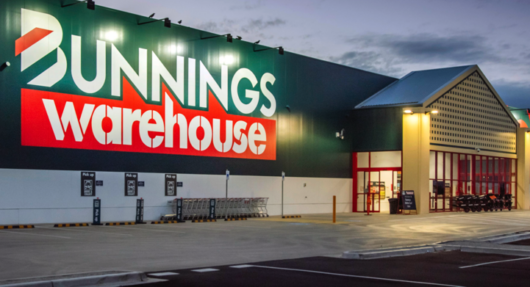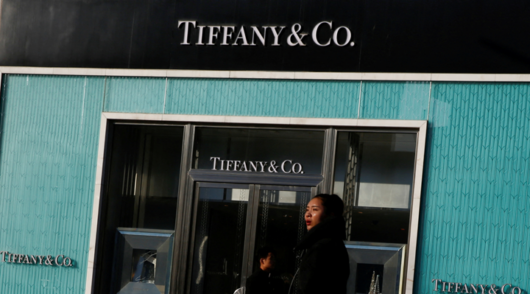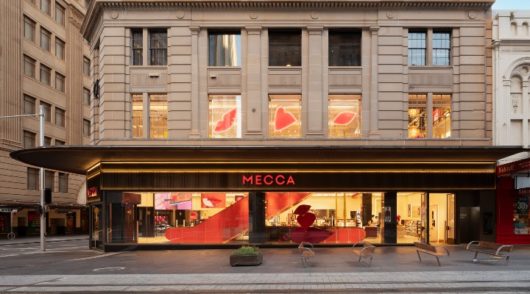
The strong sales growth fuelled by store openings in new markets that Lovisa experienced in the first half of FY20 was not enough to offset supply chain disruptions and mass store closures due to Covid-19 in the second, and dragged down the jewellery chain’s sales and profit significantly, the company’s full-year results released on Wednesday showed.
And while Lovisa’s managing director Shane Fallscheer acknowledged that comparable store sales have recovered more slowly since reopening than he would have liked, the retailer is sticking to its ambitious international expansion plan.
“We are pleased with what our team has been able to achieve through the disruptions to our business over the past 6 months, and whilst it has had a temporary impact to sales and profitability, we remain confident in our growth objectives and have been able to maintain the balance sheet strength required to deliver on them. This leaves us very well paced for the future,” Fallscheer said in an ASX statement.
Revenue was down 3.2 per cent to $242.2 million in FY20, while profit was down 47.8 per cent to $19.3 million, as the cost of doing business went up to 59 per cent of sales in the second half, compared to 56 per cent in the same period last year. That is despite government wage support and reduced rent Lovisa received in many of the countries where it operates.
Gross margin declined in FY20 to 77.3 per cent, after creeping up for the past three years, due to deterioration in the USD hedge rate and the reopening of stores during the June sale period.
EBITDA was $44.7 million, reflecting a 28.3 per cent decline year on year, while EBIT was $30.6 million, reflecting a 41.6 per cent decline year on year due to increased depreciation from the opening of 60 new company-owned stores in the year.
All figures are underlying and do not include the impact of the new lease accounting standard, AASB 16.
Spending slow to recover
The retailer was among the first major retailers to close its stores in Australia on March 26, perhaps due to its presence in international markets such as France and the UK, where closures had already been mandated by governments.
But despite stores reopening in Australia in mid-April, and progressively in other markets through the end of FY20, sales remained below normal.
Comparable store sales for the period after stores reopened were down 32.5 per cent on the same period last year. This improved slightly in the first eight weeks of FY21, when comparable store sales were down 19 per cent.
Fallscheer attributed the slow recovery to the ongoing impact of restrictions on events like weddings and socialising, for which its customers might otherwise have purchased new jewellery.
Today, all stores have reopened except for 30 locations in Melbourne, Auckland and some parts of the US, where local governments have implemented a second round of lockdowns.
Lovisa sought to ramp up its e-commerce business when stores were closed in Q4, including the launch of new websites in South Africa and the US. It reported impressive growth in online sales for the year, although they came off a low base.
The business plans to continue investing in digital and has rolled out several new features to improve the business benefits of e-commerce as well as the customer experience, such as fulfilment from store, multi-warehouse fulfilment and live chat. It has also appointed a head of digital and marketing.
International growth
Fallscheer told investors on Wednesday that the company’s growth strategy is still focused on international expansion. The retailer opened 66 new stores and closed 21 in FY20 for a net increase of 45. The closures included nine stores in Spain, which the company exited completely last year after landlords refused to come to the table on rents.
Fallscheer said some markets have been more cooperative than others in terms of rent reductions, but declined to provide further details. He said the company has reached new lease agreements with landlords for the majority of stores in Australia.
Meanwhile, the focus on rent reductions at the end FY20 and into FY21 has made it difficult for the retailer to move forward with the opening of new stores. However, landlords have recently started doing new deals again, according to Fallscheer, and Lovisa has opened eight new stores so far in FY21.
Lovisa currently has a bricks-and-mortar network of 443 stores nearly two thirds of which (65 per cent) is outside of Australia. The retailer’s overseas markets include New Zealand, South Africa, the US, UK, France, Malaysia and Singapore.
The retailer said it ended the year with a strong balance sheet, with a net cash position of $20.4 million and undrawn cash debt facilities. The board confirmed its intention to pay a deferred interim dividend of 15 cents on September 30, but will not pay a final dividend, citing the ongoing uncertainty in the global market.
The board welcomed a new independent non-executive director on Wednesday with the addition of John Charlton, previously the founder and owner of Spendless Shoes, who brings 38 years’ experience in retail to the company.





